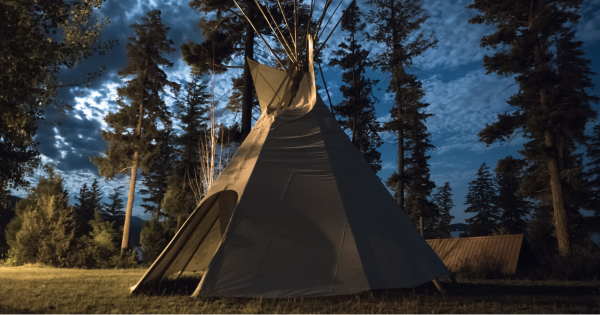As First Nations people, we have a long history of not sharing our full story. This reluctance is deeply rooted in the mistrust that has developed over centuries of colonial oppression, from the arrival of settlers through the horrors of residential schools to the ongoing inequities we face today. It’s a mistrust born of painful experiences and the understanding that the government, academia, and other non-Indigenous organizations have often used our stories against us. However, as we move forward, we must recognize the importance of knowing our full, current reality, and tell our own story so that we can make informed decisions for our communities and future generations.
Why We Haven’t Told the Whole Story
One of the reasons we’ve been hesitant to share our full story is that colonial affiliates often view our lives through a colonial lens that doesn’t reflect who we are and our everyday lives. For example, when the government collects data on household income, it does so from the perspective of a nuclear family—mom, dad, and two kids—living under one roof. This simplistic view doesn’t account for the complexities of life on a First Nations reserve, where extended families—grandparents, aunties, uncles, cousins, and grandchildren—might all live together. Each family member may have their own income or other contributions to the home, whether from employment, social assistance, traditional hunting, or other sources. However blending these incomes in a single household could jeopardize those who rely on social assistance, leading to the loss of crucial support. This is just one example of why many First Nations people are reluctant to share their full story.
Another significant reason for this reluctance is the way data has historically been taken out of context and used to paint our communities in a negative light. Too often, data collected from First Nations communities is reported with a racist undertone, reinforcing outdated and harmful stereotypes that we are deficient, lowly, or in need of rescuing. This skewed narrative not only harms our communities but also upholds the very systems of oppression that have kept us marginalized for generations.
The Importance of Knowledge Gathering by First Nations for First Nations
Given this history, it’s no wonder that many of us are wary of sharing our stories. But at the same time, we need to understand our full story if we are to create meaningful change for our communities. That’s where Knowledge Gathering such as the Regional Health Survey (RHS) and Regional Social Survey (RSS), by First Nations and for First Nations, comes into play.
When we collect and analyze our own data, we do so with an understanding of our culture, our history, and our lived realities. We can tell our stories in a way that honours our experiences and reflects the true complexity of our lives. This knowledge is crucial for making informed decisions about our future. It allows us to identify the challenges we face, celebrate our strengths, and create solutions that are rooted in our values and traditions.
By participating in surveys and research initiatives led by our own people, we are not only contributing to a more accurate understanding of our communities but also reclaiming our narrative. We are ensuring that our stories are told with the respect and dignity they deserve. This is why our surveys matter. They are not just another survey for you to fill out and not just about collecting data—they are about empowering our communities, preserving our culture, and building a stronger future for the next generations.
So, as we move forward, let’s continue to share our stories, not with fear or mistrust, but with pride and determination. Together, we can ensure that our voices are heard, our experiences are honoured, and our communities thrive.

